Definition of Gravity
Gravity is a fundamental force of nature that attracts two bodies toward each other. It is the force that gives weight to objects and causes them to fall to the ground when dropped. Sir Isaac Newton, in the 17th century, was the first to formulate a comprehensive theory of gravity. According to Newton’s Law of Universal Gravitation, every mass exerts an attractive force on every other mass. The force is directly proportional to the product of their masses and inversely proportional to the square of the distance between their centres. Mathematically, it is expressed as:
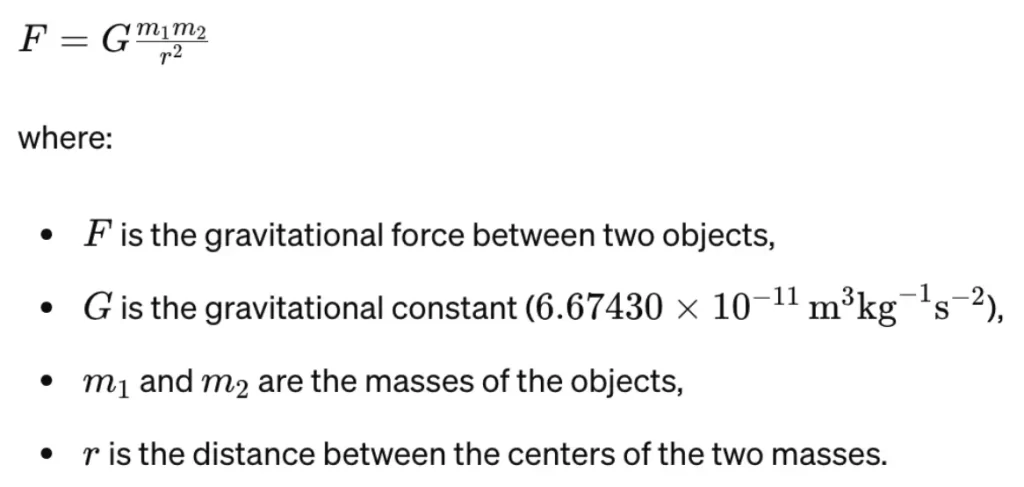
The Concept of Gravity
Gravity is a key factor in the structure and behaviour of the universe. It governs the motion of planets around the sun, the formation of tides due to the moon, and the orbits of satellites around the Earth. Albert Einstein’s General Theory of Relativity further expanded our understanding of gravity, describing it as the curvature of spacetime caused by mass. In this view, massive objects like stars and planets create a dent in the fabric of spacetime, and objects move along the curves in this warped spacetime.
Gravity on Different Planets:
Gravity varies significantly across different planets due to their varying masses and radii. The gravitational acceleration on a planet’s surface is given by the formula:
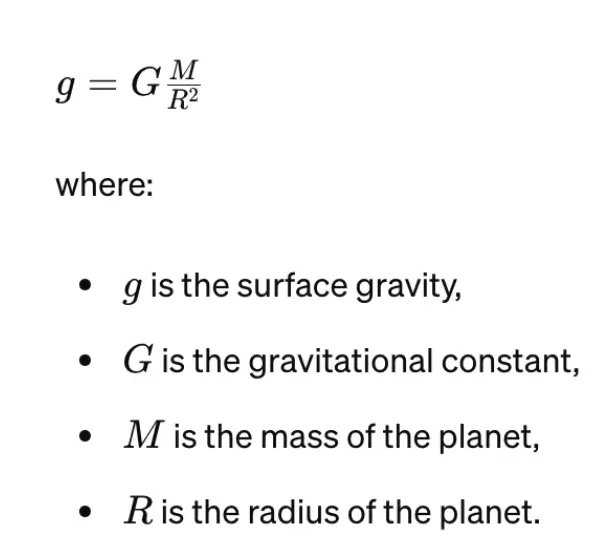
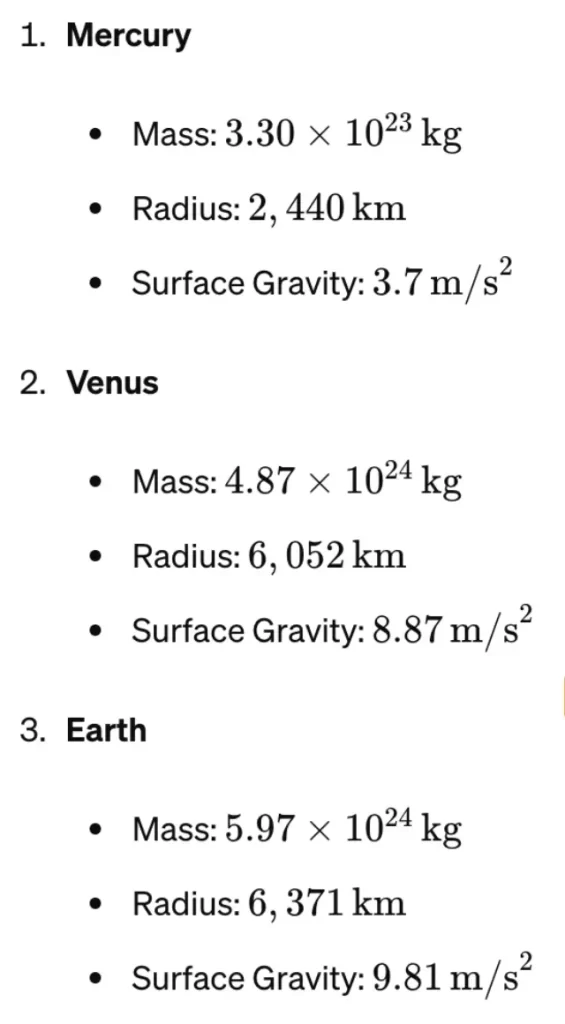
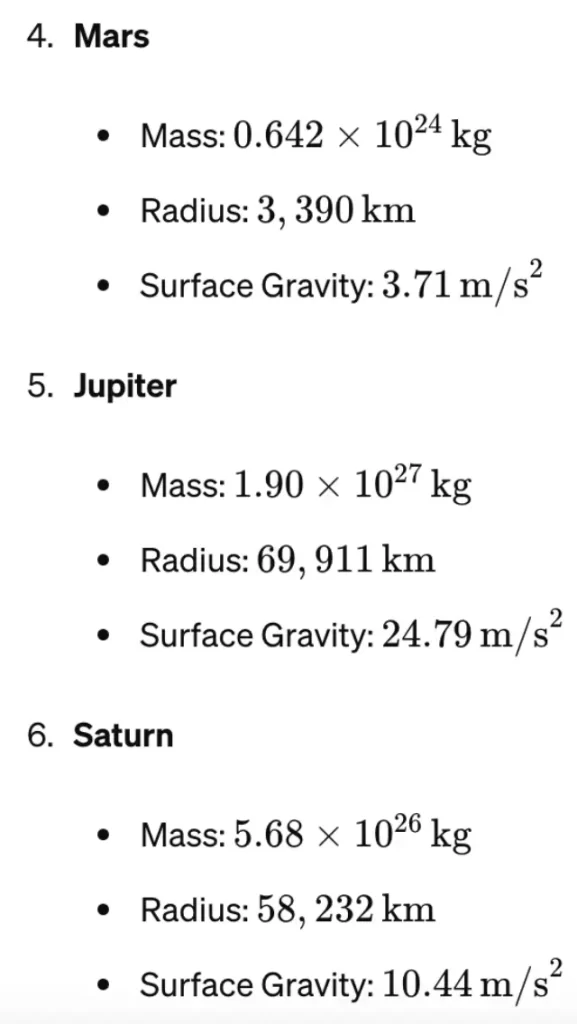
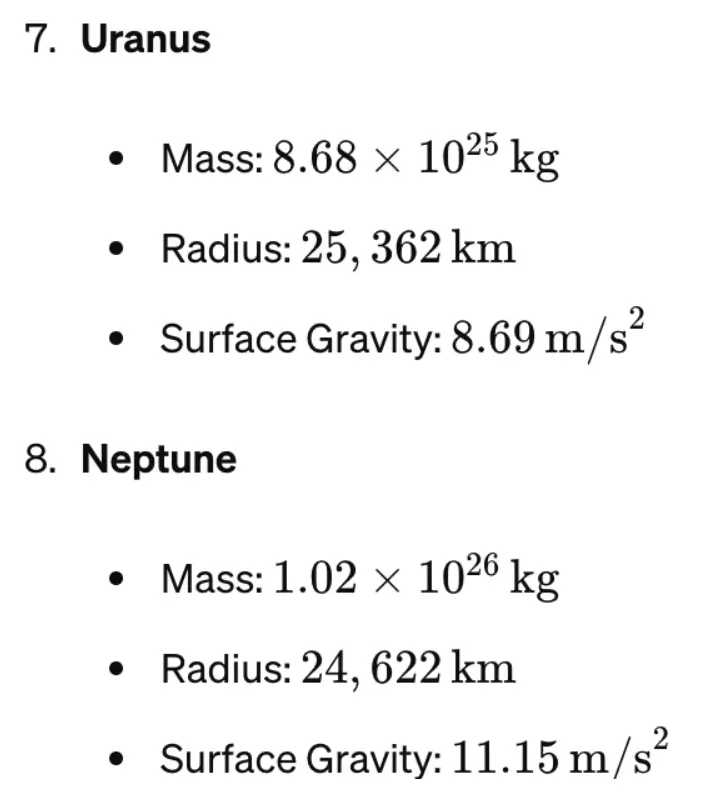
Comparative Analysis
- Mercury and Mars have surface gravities much lower than Earth’s, making them less capable of retaining a thick atmosphere.
- Venus, despite being similar in size to Earth, has a slightly lower surface gravity due to its slightly smaller mass.
- Jupiter has the highest surface gravity among the planets due to its immense mass, making it a strong gravitational force in the solar system.
- Saturn has a lower surface gravity than Jupiter despite being the second most massive planet, due to its larger radius.
- Uranus and Neptune have surface gravities slightly higher than Earth’s, influenced by their significant masses but also their large radii.
Conclusion:
Gravity is a fundamental force that plays a crucial role in the dynamics of the universe. The gravitational force on different planets varies significantly, influenced by their respective masses and radii. Understanding these variations is essential for space exploration and the study of planetary environments. The study of gravity not only explains the motion of celestial bodies but also provides insights into the fundamental nature of our universe.




